URBAN DA'WAH AND THE SHIFT IN RELIGIOUS AUTHORITY: A STUDY ON THE EKS PREMAN SOLO COMMUNITY
DOI:
https://doi.org/10.56874/qau.v5i2.2044Keywords:
da'wah, religious authority, hijrah community, SurakartaAbstract
Da'wah in Indonesia continues to evolve, raising questions about the authority of its preachers. Some preachers, despite lacking a strong religious background, have garnered significant followings. This phenomenon is facilitated by the culture of celebrity on social media and in urban areas. Urban da'wah is often characterized by the emergence of communities that feature popular preachers, regardless of their background. This study employs a descriptive qualitative approach. Data were collected through observations and interviews with founders, managers, and members of the Eks Preman Solo (Ekspreso) community, which serves as the object of study. The findings indicate that the da'wah process within the Ekspreso community demonstrates a shift in religious authority. Hijrah communities, which lack traditional religious structures (such as the kiai-santri relationship), create opportunities for various figures, including former gangsters, to become preachers. This phenomenon is influenced by the open and fluid characteristics of urban society. These factors also explain the proliferation of hijrah communities across various cities. This condition presents both challenges and opportunities for contemporary da'wah in Indonesia.


